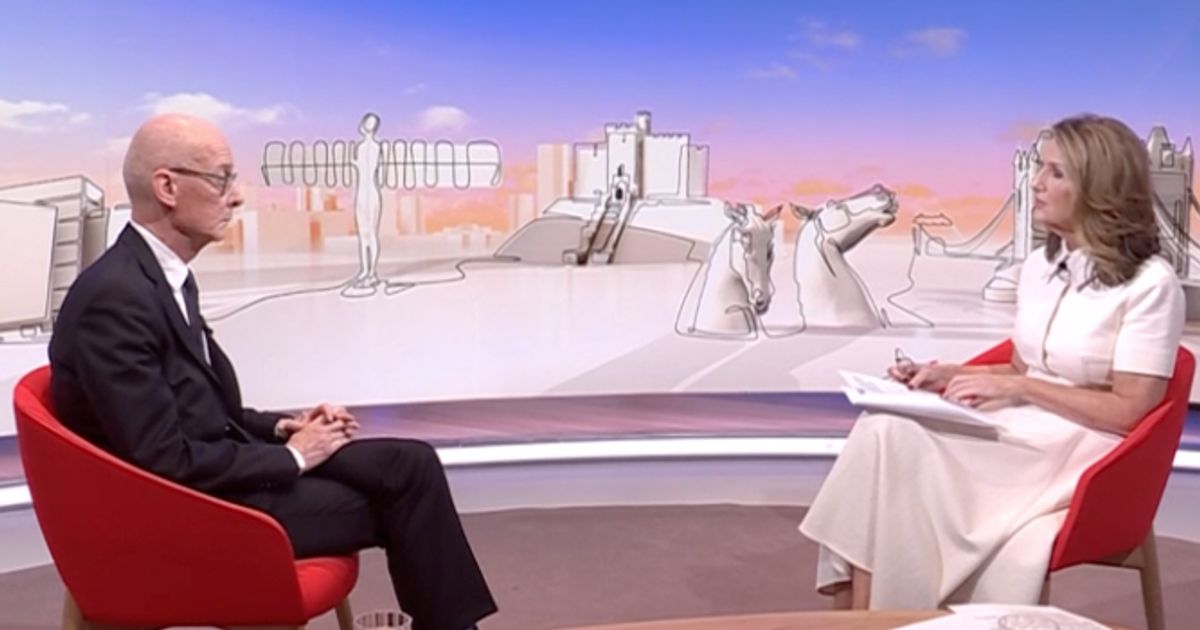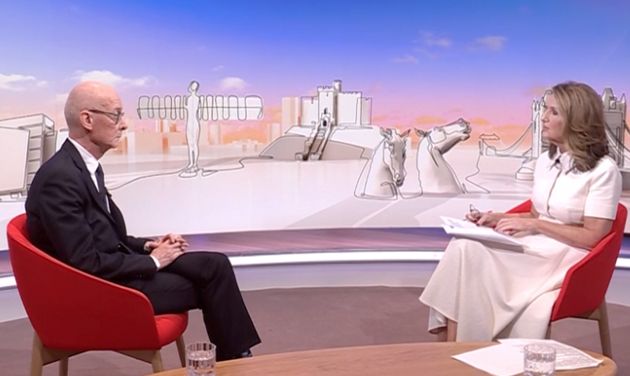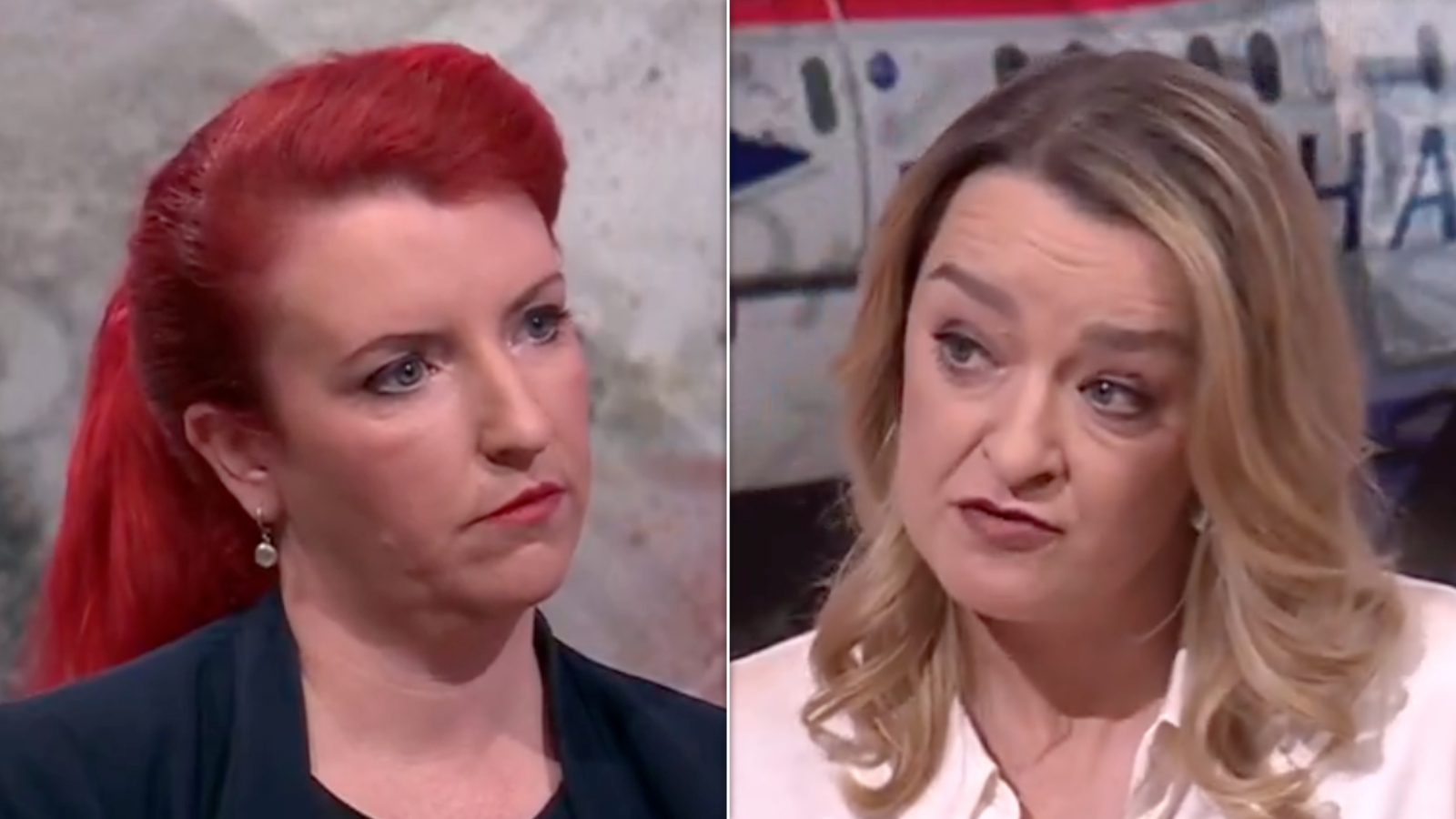
Victoria Derbyshire asked a senior minister if Keir Starmer was “a hypocrite” for putting Louise Haigh in Cabinet despite her fraud conviction.
The former transport secretary – who resigned on Thursday night – made the PM aware of her past when he made her shadow Northern Ireland secretary in 2020.
Advertisement
Two years later, at the height of the partygate scandal which saw Boris Johnson fined for breaking lockdown rules, Starmer told MPs that “a lawmaker and a lawbreaker”.
On BBC1 this morning, Pat McFadden, the chancellor of the Duchy of Lancaster, was shown a clip of his leader making those comments.
Presenter Victoria Derbyshire told him: “He said that when he had someone sitting on his shadow frontbench, ie Louise Haigh, with a conviction.”
McFadden said: “What he’s saying is if you’re sitting in Cabinet, you can’t be breaking the law.”
But Derbyshire pointed out: “He gave her a job in Cabinet when he knew she had a past conviction.”
McFadden replied: “It’s not the case that anyone who’s ever broken the law can’t sit in parliament. I’m sure if you looked around parliament you’d find more than one, I don’t know everybody’s background.”
Advertisement
The presenter asked: “If it’s fine, why did she have to go?”
McFadden said: “I don’t know the details of every conversation that took place at the end of last week, but clearly between them they came to the view that Louise had to resign.”
But Derbyshire asked him: “Is Keir Starmer a hypocrite because he gave a lawbreaker a job in his Cabinet having said that two years ago.”
The minister said: “No he’s not. I think he’s appointed a good Cabinet, it’s a more united Cabinet than I’ve seen in many years and we’re working together.”





